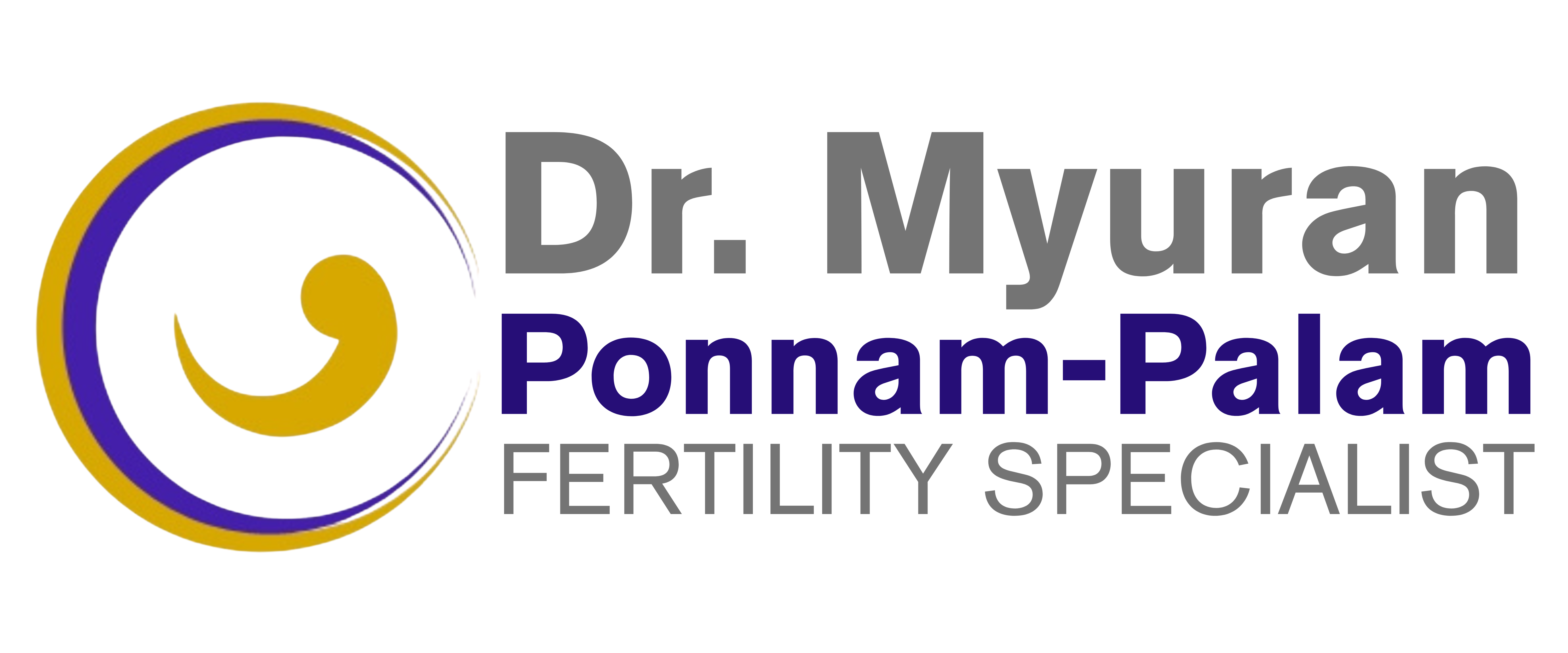Having a baby when you’re older than 40 can be tricky, and it’s happening more often nowadays. People delay having kids due to education, work, or other reasons.
Generally, in one year of trying, 75% of women under 30 and 66% of 35-year-old women, but only 44% of 40-year-old women will naturally achieve a live baby. The main explanation for this is that women are born with a finite number of eggs, and from that moment onwards, the number of eggs declines until women go through menopause at around 50-51. For women in their early 40s, IVF or donor eggs is still a good thing to try and gives significantly higher success rates than trying naturally. However, IVF success rates fall sharply after the age of 40 and by the time a woman is 45, they are close to zero.
The choice of donor eggs introduces complexities and is restricted in some regions, requiring individuals to seek treatment abroad. This predicament often confronts women who, for various reasons, postpone motherhood, whether due to prolonged unsuitable relationships, career commitments, or the pursuit of financial stability. In the hustle of modern life, the “perfect” time to have a baby remains elusive.
Many women grappling with fertility issues express regret about not being informed about their reproductive health earlier. Some were on contraceptives or busied themselves to achieve economic stability before seriously considering motherhood. Today, societal awareness has grown, leading more individuals to formulate fertility plans and seek expert guidance.
In vitro fertilisation (IVF) emerges as a hopeful option, offering the prospect of a long-awaited child. For women over 40 facing challenges like low ovarian reserve or a heightened risk of miscarriage, egg donation may be recommended. This revelation can be emotionally challenging, requiring time for individuals to come to terms with a decision that impacts genetic lineage.
While counselling is not universally mandatory, it is advisable to encourage individuals to consider the future implications of and for a child conceived through egg donation. With adequate information and effective communication, many people build happy, healthy families that might not have existed without IVF donor services.
Ultimately, proactive management of fertility health and establishing a realistic timeline for achieving pregnancy are paramount. If in a partnership, working as a team and being mindful of lifestyle and clinical choices are essential in realising parenthood dreams. Establishing a support network with friends, family, or others in similar situations helps regulate emotions and maintain motivation. Seeking assistance from fertility coaches and counsellors is also an option for those needing additional support.
Are you considering fertility treatment?
If you would like to speak with Dr Myran to learn more about our fertility treatment options, contact our clinic to schedule an appointment at 03 8788 7110 or email us at admin@myran.co.au



